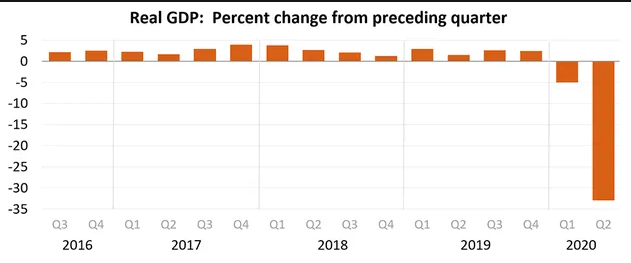What Actually Are Our Rights?

The moment we start to look at people’s rights to do as they please, we see a continuum. On one end, we can imagine a central government that has absolute authority over the individual. In the absence of a constitution like that of the U.S., for instance, we’d have what we had before the Magna Carta: a king who could imprison, torture and execute whomever he chose simply because he wanted to. Though incredible atrocities continue around the globe on a minute-to-minute basis even today, most nations around the globe have some level of protection against anything resembling this.
Complete individual liberty, at the other end of the chart, might be worse than no liberty at all, as societies that have no way to protect themselves vanish very quickly. When leprosy ran rampant, lepers lost their liberties and were put into colonies, because the alternative was the end of human civilization, and that didn’t sound like a very supportable idea. With the exception of a few crackpots, no one expects 100% liberty, meaning zero control by government. No one with any sense thinks he should be able to cross police lines, drive drunk, shout “fire!” in a crowded theater, or buy rocket-propelled grenades–with or without the Bill of Rights.
Given this, there must be an optimum balance somewhere in the middle.
I think everyone would concede that, where there are no public health and safety concerns, and no potential harm to others, we need to let people do whatever they want. Conversely, when it’s clear to most reasonable citizens that there exists a great deal of public health and safety concerns, and/or other potential harm to society, we should allow government to impose limits on liberty, as required to mitigate the potential damage.
So, how should this work? In the case of matters that are rooted in science, which I would include things like pandemics and environmental issues, it’s hard to argue against deferring to the scientists whose bonafides seem most compelling.
The last five months of U.S. history is a text book case of what happens when this isn’t in place. In particular, our country, with 4.2% of the planet’s population, has 23% of COVID-19 deaths, and a second-quarter GDP that dropped 32.9%, the greatest since the Great Depression.
Now, I know there are people who think that government involvement in the pandemic means that Bill Gates is going to put microchips in all our skulls, but I think we need to be reasonable here.


